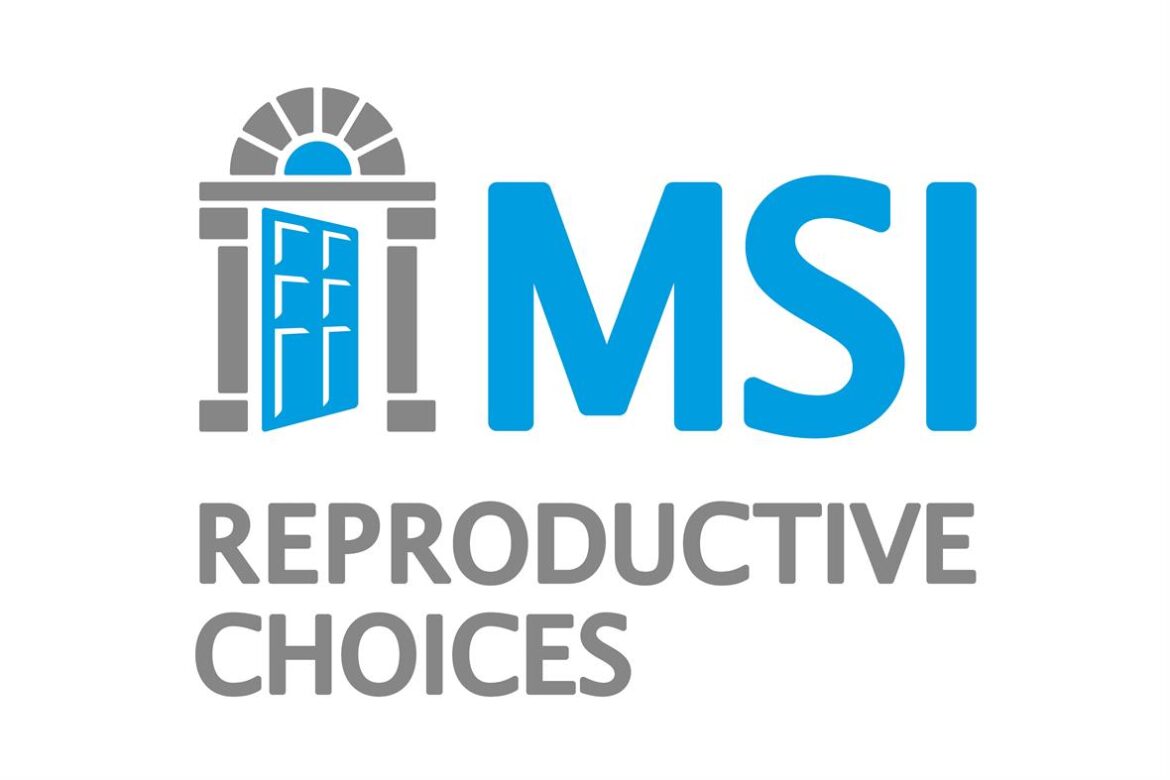By Asmau Ahmad
The MSI Reproductive Choices has announced ambitious new commitments to Family Planning 2030 (FP2030).
The FP2030 is the global partnership dedicated to improving access to family planning information, services and supplies for women and girls in the world’s poorest countries.
The new commitments by MSI were announced at the FP2030’s Join the Movement, a virtual gathering of stakeholders from government, civil society, multilateral organisations, donors and the private sector, galvanising the next decade of progress on family planning.
The “Join the Movement” virtual gathering brings in bold new goals for the family planning community, galvanising action towards global access to life saving, life-changing modern contraception.
As the family planning community sets out the next decade of action, MSI commits to serving at least 120 million women and girls globally with high-quality sexual and reproductive health services by 2030.
It will also be supporting the creation of laws and policies that help expand women and girls’ access to life-saving contraception in 30 countries where they work.
In January, the final annual report of the FP2020 partnership found that 320 million women and girls were using modern contraception in 69 low-income countries, 60 million more than when FP2020 was created.
In 13 low-income countries, the number of modern contraceptive users has doubled since 2012.
This momentum must now be accelerated as the family planning community prepares for the future.
The new commitments to FP2030 come at a critical time, as women and girls continue to suffer the worst impact of COVID-19.
An estimated 12 million women may have been unable to access family planning services as a result of the coronavirus pandemic, resulting in as many as 1.4 million unintended pregnancies.
To add to this alarming picture, as of May, funding gaps by international donors will leave an additional 6.5 million without access to contraceptive methods.
This could lead to two million unsafe abortions and 23,500 maternal deaths.
Against this backdrop, accelerating efforts to strengthen and expand family planning programmes is more important than ever.
To add to its ambitious new targets, MSI also commits that of the services provided under its ‘Leave no one behind’ strategy by 2030.
It stated that 80 percent would come from the poorest and most marginalised communities while 50 percent will be under 24 years old and 20 percent will be under 20 years old.
In addition, with 25 million of the 56 million abortions that take place worldwide estimated to be unsafe, MSI will support the elimination of unsafe abortions.
Across the countries where it operates, MSI will work to ensure that one in three women, who have an abortion, will access it from a safe MSI or MSI-supported product or service.
Martyn Smith, Interim Executive Director, FP2030 said “MSI’s new commitments to the PF2030 partnership come at a time when millions around the world are in urgent need of high-quality family planning services.
“As we turn our attention to the next decade, renewed commitments and bold actions are essential to meeting our shared goal of ensuring no woman and girl is left behind.”
Simon Cooke, MSI Reproductive Choices’ CEO, said “after a year like no other and with funding for life changing and life-saving sexual and reproductive health and rights under threat, partnerships like FP2030 have a vital role in ensuring that women and girls can determine the path their life takes.
“Bodily autonomy is a cornerstone of gender equality and in these uncertain times, we are proud to be an early commitment maker and to be working with national governments, donors and locally based organisations to support women and girls to take control of their reproductive futures.”
At the Join the Movement virtual event, new commitments to the FP2030 partnership by a number of national and global organisations were also announced.
Such organisations include Action for the Protection and Promotion of the Rights of Oppressed Persons (DR Congo), the Burundi Association for Reproductive and Family Health, DKT International.
Others are FHI360, Foundation for Male Engagement Uganda, Girls Community (DR Congo) and the International Confederation of Midwives.
These commitments will reduce child marriage, increase sexual and reproductive health education for adolescents and expand contraceptive method options as well as the number of trained family planning care providers.
“We know that these shared commitments will proposal us towards our shared vision for the future; one where people everywhere have the freedom and ability to lead healthy lives.
“We are looking forward to receiving more commitments from governments and other stakeholder in the months to come,’’ Smith said. (NAN)




